How to Pick the Best Wine Glass for Tasting
How to Pick the Best Wine Glass for Tasting
Choosing the right wine glass can significantly enhance your wine tasting experience. The shape, size, and material of the glass all play a role in how the wine's aroma and flavor are perceived. In this article, we'll guide you through the process of selecting the best wine glass for tasting, sharing expert insights and personal experiences along the way.
Why the Right Wine Glass Matters
The choice of wine glass is more than just a matter of aesthetics; it can profoundly affect your perception of the wine. The shape of the glass determines how the wine interacts with the air, which in turn influences the release of aromas and the way the wine flows onto your palate.
I remember a time when I was at a wine tasting event hosted by Jackson Family Wines, known for their award-winning wines. The sommelier insisted on using specific glasses for each wine varietal. At first, I was skeptical, but as I tasted the same wine from different glasses, I was amazed at how the flavors and aromas changed. For instance, a Cabernet Sauvignon tasted richer and more complex in a large, wide-bowled glass compared to a smaller one. The right glass truly brought out the best in the wine.
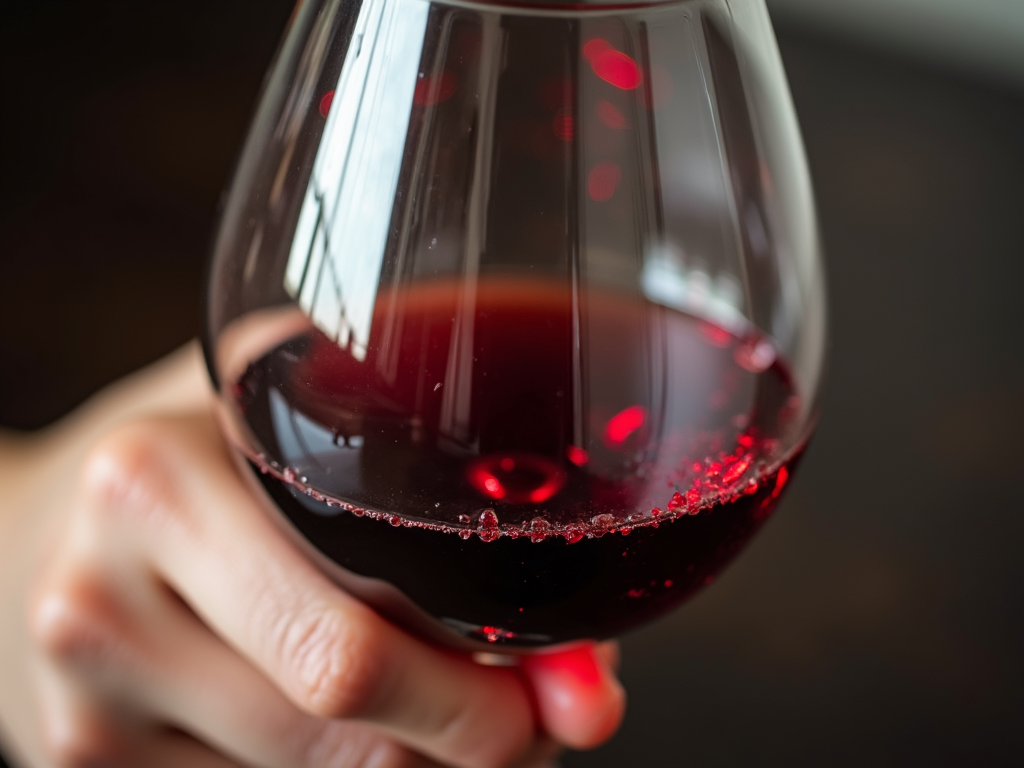
Types of Wine Glasses
There are several types of wine glasses, each designed to enhance the characteristics of specific wine varietals. Here's a brief overview:
-
Red Wine Glasses: These glasses have a larger bowl to allow the wine to breathe and release its complex aromas. The wider opening directs the wine to the back of the mouth, emphasizing the fruit flavors and tannins.
-
White Wine Glasses: These glasses have a smaller bowl and a narrower opening to preserve the wine's crispness and direct the wine to the front of the mouth, highlighting its acidity and freshness.
-
Sparkling Wine Glasses: Also known as flutes, these glasses have a tall, narrow shape to preserve the bubbles and concentrate the aromas. The narrow opening also helps to maintain the wine's effervescence.
-
Varietal-Specific Glasses: Some glasses are designed for specific varietals, such as Bordeaux, Burgundy, or Chardonnay glasses. For example, a Burgundy glass has a wider bowl to accentuate the wine's aromas, while a Bordeaux glass has a taller bowl to direct the wine to the back of the palate.
Here's a table comparing the characteristics of each type:
| Type of Glass | Bowl Size | Opening | Best For |
|---|---|---|---|
| Red Wine | Large | Wide | Full-bodied reds like Cabernet Sauvignon |
| White Wine | Small | Narrow | Crisp whites like Sauvignon Blanc |
| Sparkling Wine | Tall, Narrow | Narrow | Champagnes and sparkling wines |
| Varietal-Specific | Varies | Varies | Specific wine varietals like Pinot Noir or Chardonnay |
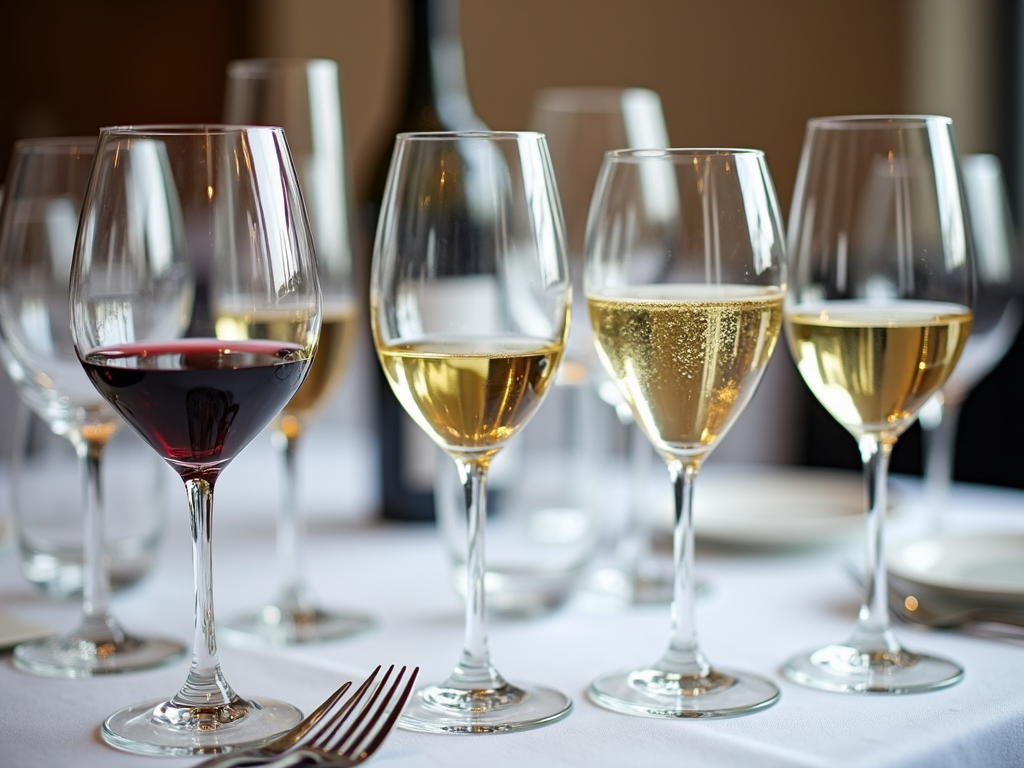
The Science Behind Glass Shape
The shape of a wine glass is not arbitrary; it's based on the science of how we perceive flavors and aromas. The bowl's shape affects how much air the wine is exposed to, which can either enhance or mute its aromas. For red wines, which often have more complex aromas, a larger bowl allows for greater aeration, helping to release these aromas.
The rim's diameter influences where the wine first hits your palate. A wider rim directs the wine to the back of the mouth, where we perceive bitterness and tannins, while a narrower rim directs it to the front, where we perceive sweetness and acidity.
The stem of the glass also plays a role. Holding the glass by the stem prevents the heat from your hand from warming the wine, which is especially important for white and sparkling wines that are best served chilled.
Additionally, the thickness of the glass can affect the tasting experience. Thinner glasses are often preferred because they allow for a more direct transfer of the wine's temperature and texture to your mouth.
Material Matters: Crystal vs. Glass
Wine glasses are typically made from either crystal or glass. Crystal glasses are often preferred for their clarity, thinness, and ability to refract light, which can enhance the visual appeal of the wine. The lead content in crystal (though many modern crystal glasses are lead-free) makes them more porous than glass, which can help to aerate the wine more effectively.
However, crystal glasses are more delicate and expensive than regular glass. They can also be more prone to breaking if not handled carefully. For everyday use, high-quality glass glasses can be a more practical choice. They are durable, dishwasher-safe, and less expensive, making them ideal for casual settings.
Personally, I enjoy using crystal glasses for special occasions or when tasting exceptional wines, like those from Jackson Family Wines, to fully appreciate their nuances. The way the light dances through the crystal and the delicate feel of the glass add to the overall experience.
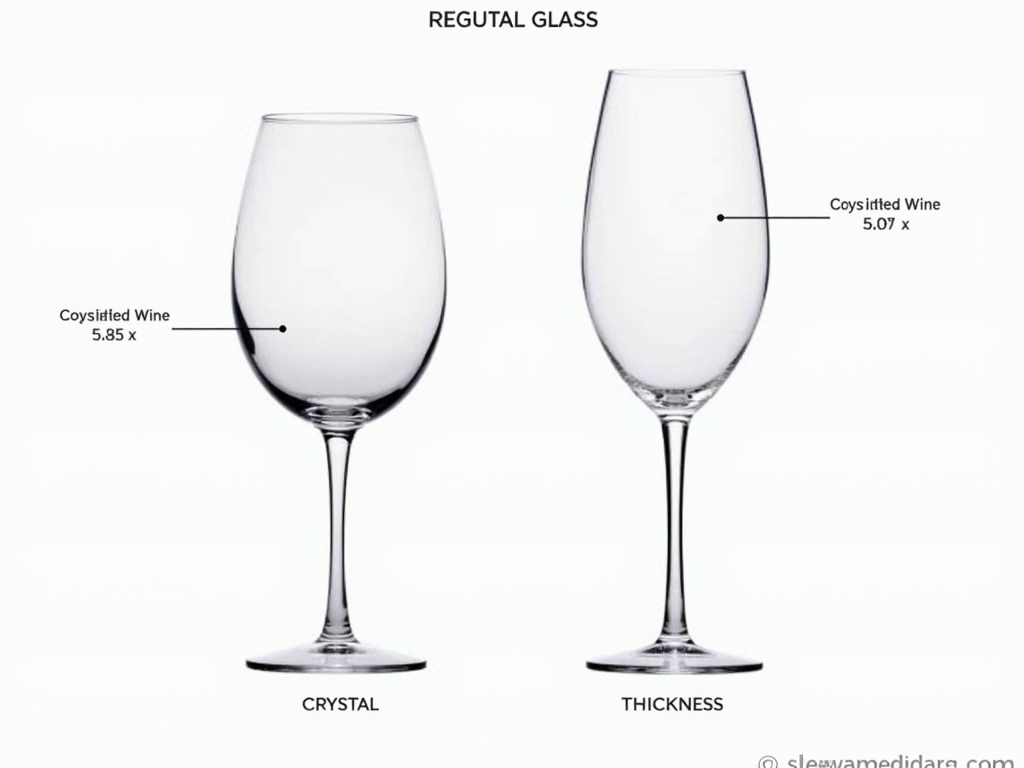
Choosing the Right Glass for the Occasion
When selecting a wine glass, consider the occasion and the type of wine you'll be serving. For casual gatherings, a set of versatile glasses that can accommodate both red and white wines might be sufficient. Look for glasses with a medium-sized bowl and a slightly tapered rim, often referred to as "universal" wine glasses.
For formal tastings or when serving specific varietals, it's worth investing in varietal-specific glasses to fully appreciate the wine's characteristics. If you're a fan of a particular type of wine, such as Pinot Noir, consider getting glasses designed specifically for that varietal. These glasses are shaped to enhance the wine's unique aromas and flavors.
Also, think about the number of glasses you'll need. For intimate tastings, a set of four to six glasses might suffice, while larger events may require more. If you're hosting a tasting with multiple wines, ensure you have enough glasses for each wine to avoid mixing flavors.
Caring for Your Wine Glasses
Proper care and maintenance of your wine glasses are essential to ensure they last and perform well. Here are some tips:
-
Cleaning: Wash glasses by hand with warm water and a mild detergent. Avoid using harsh scrubbers that can scratch the glass. Rinse thoroughly to remove any soap residue, as it can affect the wine's taste.
-
Drying: Allow glasses to air dry or use a soft, lint-free cloth to prevent water spots. If using a cloth, hold the glass by the bowl, not the stem, to avoid breaking it.
-
Storage: Store glasses upright to prevent the rim from chipping. If space is limited, consider hanging them by the base using a wine glass rack.
I once made the mistake of storing my glasses upside down, and over time, the rims became chipped. Now, I always store them upright and handle them with care. Additionally, I avoid stacking glasses, as this can lead to scratches or breakage.
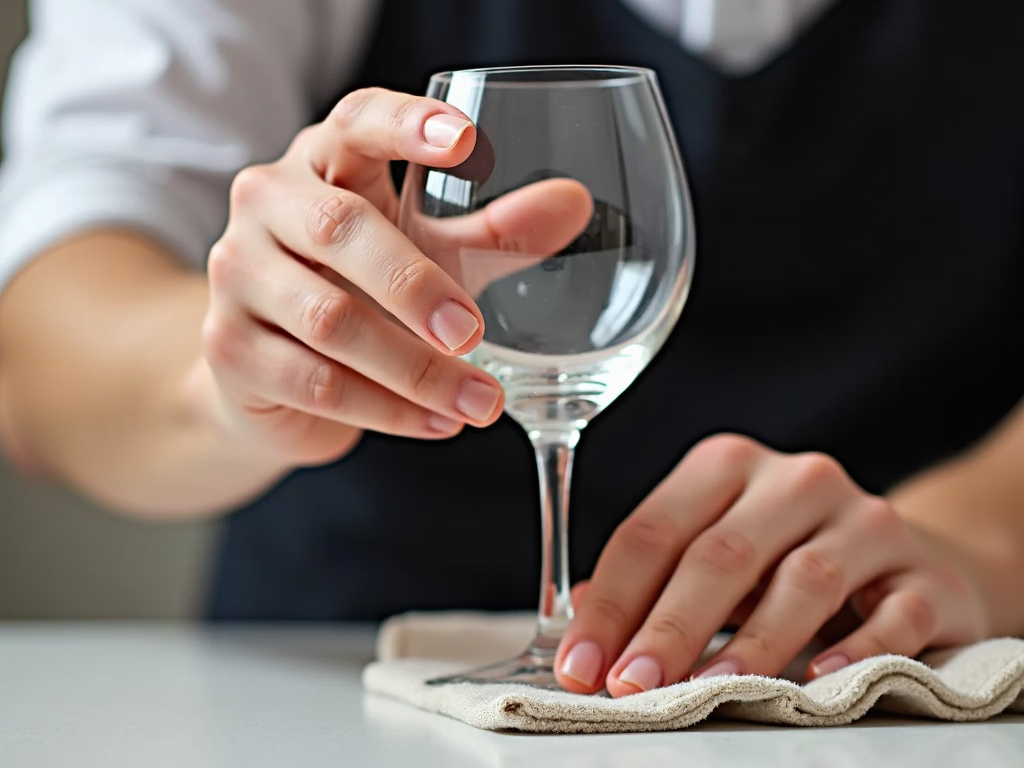
Enhancing Your Wine Tasting Experience
Using the right wine glass can truly elevate your wine tasting experience. It allows you to fully appreciate the wine's aroma, flavor, and texture. When tasting award-winning wines, such as those from Jackson Family Wines, the correct glass can make a significant difference in how you perceive the wine's quality and complexity.
For example, when tasting a full-bodied red wine like a Cabernet Sauvignon from Jackson Family Wines, using a large, wide-bowled glass can help to open up the wine's aromas and soften its tannins, making for a more enjoyable experience.
If you're new to wine tasting, I recommend starting with a basic set of glasses and gradually expanding your collection as you explore different wine styles. You might also want to check out "The Art of Wine Tasting: A Beginner's Guide" for more tips on how to enhance your tasting skills.
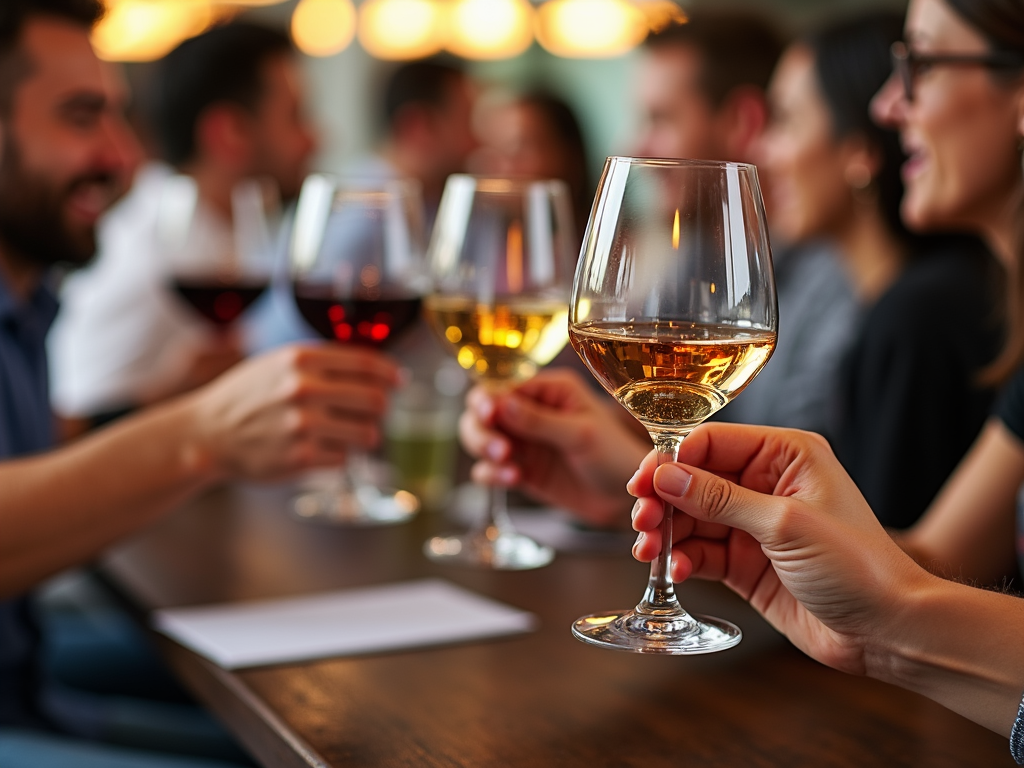
Summary
Selecting the best wine glass for tasting is an art that can greatly enhance your enjoyment of wine. By understanding the different types of glasses, their impact on the wine's flavor, and how to choose the right one for the occasion, you can elevate your wine tasting experience to new heights. Remember to care for your glasses properly to ensure they last, and don't hesitate to invest in quality glasses for those special bottles.